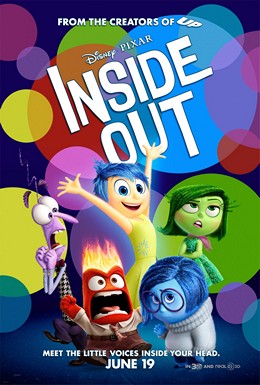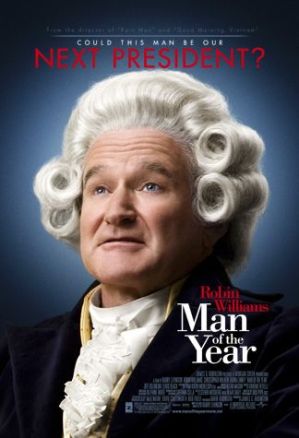 Lt. John Moss (James Woods) is a cop with a problem. A serial killer who calls himself the Party Crasher (Stephen Lang) is killing people all across New York and he has decided that he will be coming for Moss next. However, Moss’s captain (Delroy Lindo) says that Moss is off of the Party Crasher case and, instead, he’s supposed to babysit a big time movie star named Nick Lang (Michael J. Fox)!
Lt. John Moss (James Woods) is a cop with a problem. A serial killer who calls himself the Party Crasher (Stephen Lang) is killing people all across New York and he has decided that he will be coming for Moss next. However, Moss’s captain (Delroy Lindo) says that Moss is off of the Party Crasher case and, instead, he’s supposed to babysit a big time movie star named Nick Lang (Michael J. Fox)!
Nick is famous for playing “Smoking” Joe Gunn in a series of Indiana Jones-style action films. However, Nick wants to be taken seriously. He wants to play Hamlet, just like his rival Mel Gibson! (That Hard Way came out a year after Mel Gibson played the melancholy Dame in Franco Zeffirelli’s 1990 adaptation of Shakespeare’s play.) Nick thinks that if he can land the lead role in a hard-boiled detective film, it will give him a chance to show that he actually can act. To prepare for his audition, he’s asked to spend some time following Moss on the job. Mayor David Dinkins, always eager to improve New York’s reputation, agrees. (David Dinkins does not actually appear in The Hard Way, though his name is often mentioned with a derision that will be familiar to anyone who spent any time in New York in the 90s.) Of course, Moss isn’t going to stop investigating the Party Crasher murders and, of course, Nick isn’t going to follow Moss’s orders to just stay in his apartment and not get in his way.
The Hard Way is a predictable mix of action and comedy but it’s also entertaining in its own sloppy way. Director John Badham brings the same grit that he brought to his other action films but he also proves himself to have a deft comedic touch. Most of the laughs come from the contrast between James Woods playing one of his typically hyperactive, edgy roles and Michael J. Fox doing an extended and surprisingly convincing impersonation of Tom Cruise. Woods and Fox prove to be an unexpectedly effective comedic team. One of the best running jokes in the film is Woods’s exasperation as he discovers that everyone, from his girlfriend (Annabella Sciorra) to his no-nonsense boss, are huge fans of Nick Lang. Even with a serial killer running loose in the city, Moss’s captain is more concerned with getting Nick’s autograph.
Woods and Fox are the main attractions here but Stephen Lang is a good, unhinged villain and Annabella Sciorra brings some verve to her underwritten role as Moss’s girlfriend. Viewers will also want to keep an eye out for familiar faces like Penny Marshall as Nick’s agent, a very young Christina Ricci as Sciorra’s daughter, and Luis Guzman as Moss’s partner.
With its references to David Dinkins, Mel Gibson’s superstardom, and Premiere Magazine, its LL Cool J-filled soundtrack, and a plot that was obviously influenced by Lethal Weapon, The Hard Way is very much a period piece but it’s an entertaining one.


